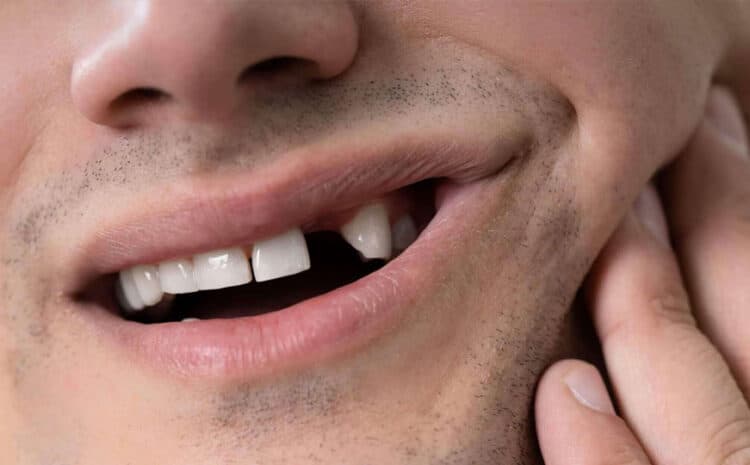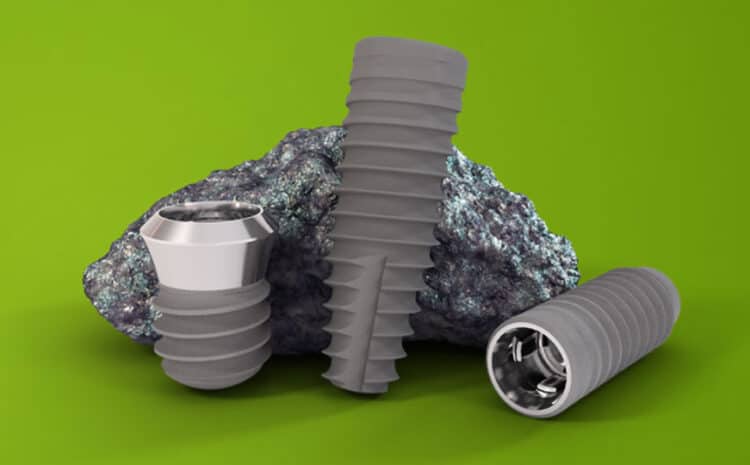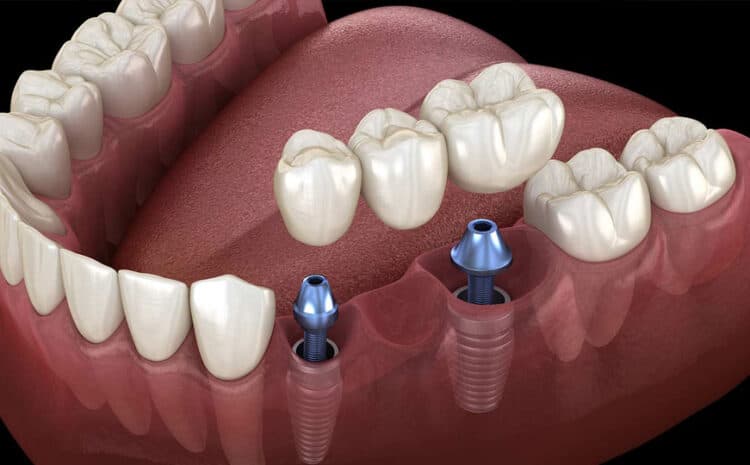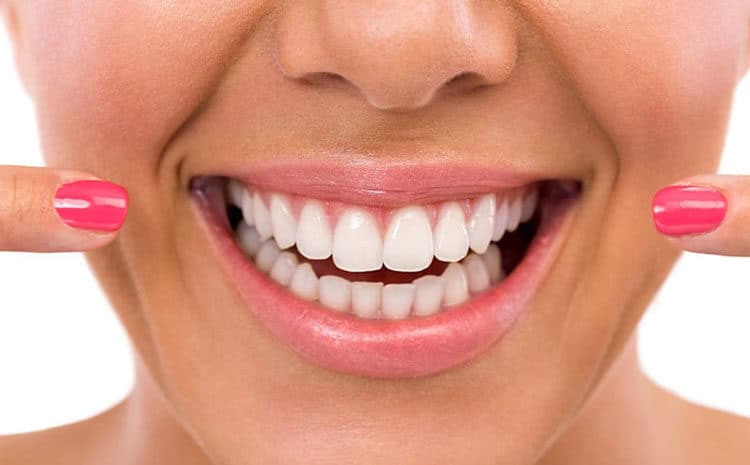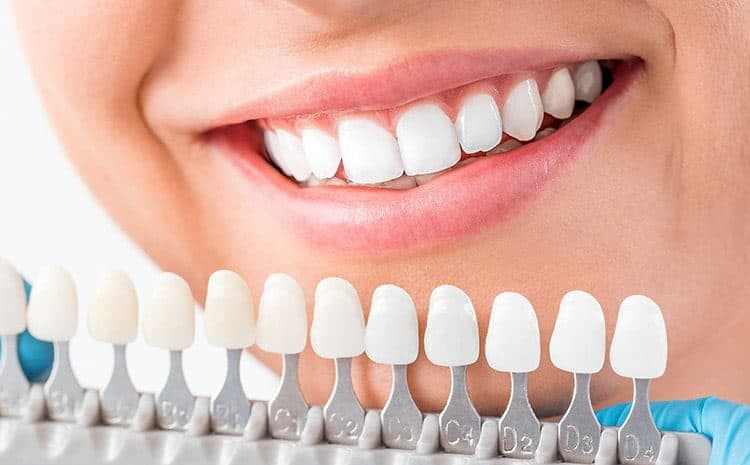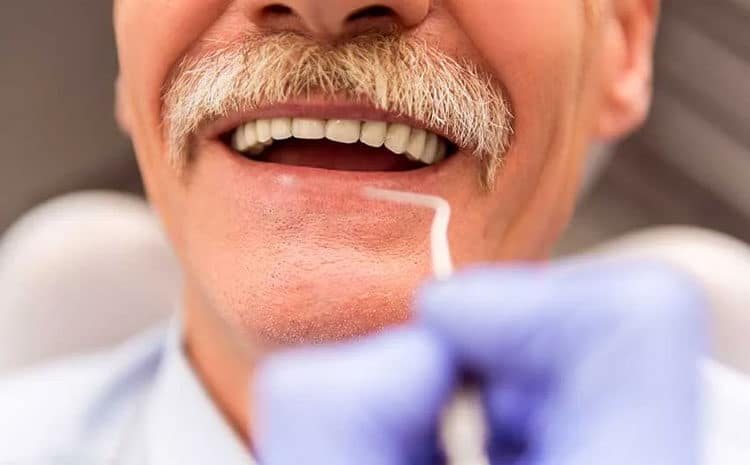Discover the Perfect Solution for Missing Teeth with Dental Implants: Missing teeth can be a huge issue for some individuals, influencing their oral health and personal satisfaction. Dentures, bridges, and dental implants are among the many options for replacing missing…
Breaking Down Costs: What to expect for Dental implants Dental implants are a great way to replace missing or damaged teeth because they last a long time and look like natural teeth. They can also help you feel better about…
The Superior Choice: Straumann Roxolid Dental Implants Straumann Roxolid is a substance that has been gaining popularity in the dental industry due to its unusual properties and advantages. This ingenious substance was developed by the Swiss dental company Straumann and…
Essential After Care for Dental Implants: A Comprehensive Guide Dental implants are a great option for people who need to replace missing teeth. These are durable, strong and will last a lifetime if cared for properly. However, like natural teeth,…
Healthy Teeth for a Healthy Body! We have all heard about gut biome and how to have healthy gut means having a healthy teeth. Also we find great food options like prebiotics that help maintain gut biome but what about…
The Advantages of Zirconia Dental Implants: A Game-Changer in Dentistry Zirconia Dental Implants are replacement metal posts that act as artificial tooth roots and are surgically placed in the jawbone below the gums. Dental implants are a durable and permanent tooth replacement…
Immediate Load Dental Implants: Swift & Reliable Tooth Restoration Dental implants are an attractive option with numerous benefits when considering tooth replacement. After all, this method can provide you with a personalized repair that is sturdy enough to support your…
Is it Time to Remove your Dental Implant? Know the Signs: Most people consider a dental implant a permanent remedy for tooth loss. While this is true in most situations, some dental implants do fail. However, according to a 2017…
The Science Behind Dental Implants Lifespan: Factors that Impact Durability Dental implants are among the most successful and long-lasting methods of replacing missing or damaged teeth. However, the longevity of dental implants is one of the reasons they are so…
Nutrition Tips for Dental Implants: Best Foods to Eat Almost all dental implants were made of a single material known as titanium in the past years. However, with the advancement of technology, many dental implants are now manufactured from various…



